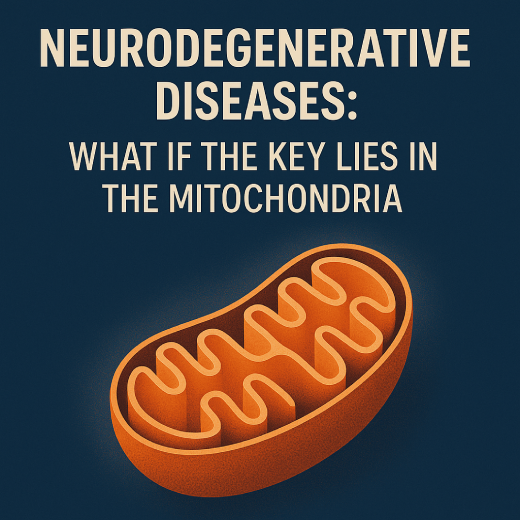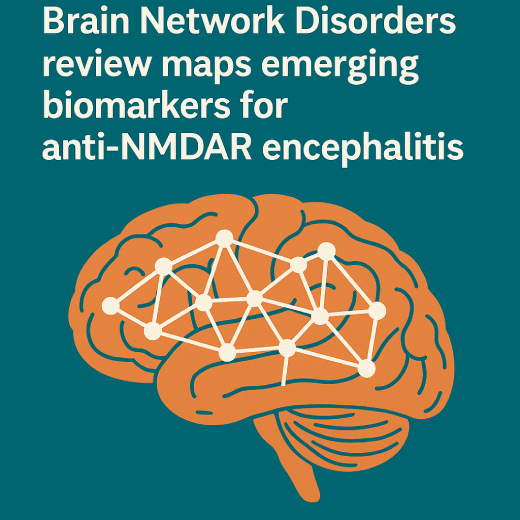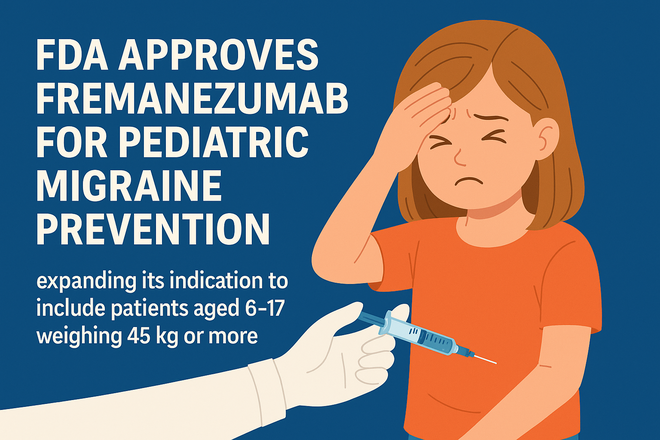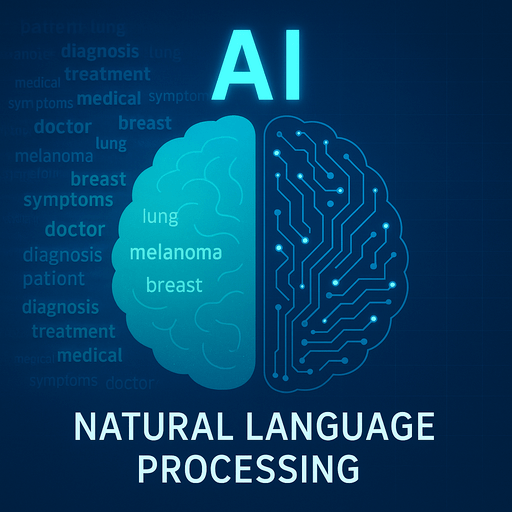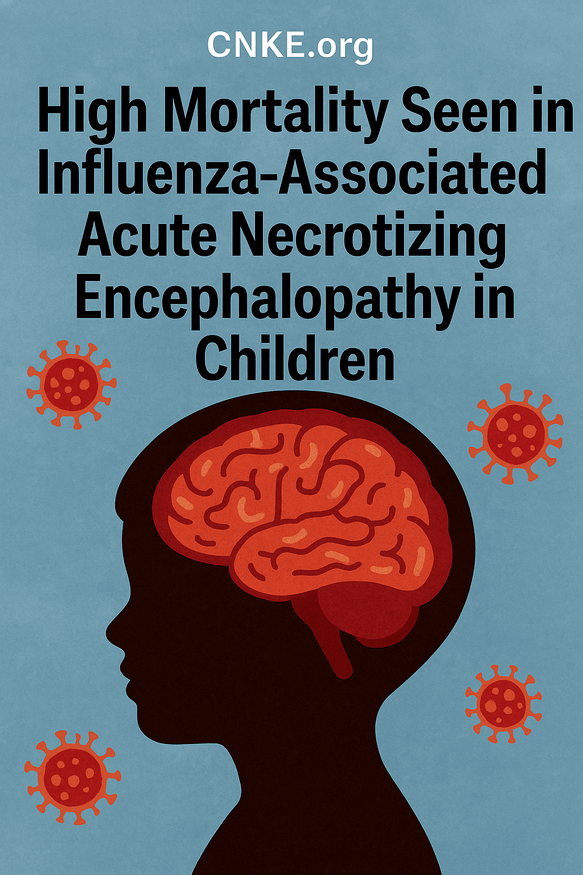Mayo Clinic researchers pioneer AI-driven, patient-centered therapy
A promising new study published in Brain Communications offers fresh hope for individuals living with drug-resistant epilepsy. Researchers at the Mayo Clinic have developed an innovative deep brain stimulation (DBS) platform that not only significantly reduces seizures but also improves memory and sleep — two critical areas often disrupted by epilepsy.
Epilepsy, a disorder affecting approximately 50 million people globally, remains drug-resistant in a significant number of cases, leaving patients with few effective treatment options. Traditional methods, reliant on patient-reported seizure diaries and static stimulation parameters, often fall short in addressing the full scope of the disease's impact on daily life.
In this new study, Mayo Clinic investigators introduced a dynamic, AI-enhanced system that continuously monitors brain activity through an implanted device. Real-time seizure detection, sleep tracking, and behavior assessment allow for precise, personalized adjustment of stimulation settings, maximizing therapeutic benefits while minimizing side effects.
"Using an implanted investigational device, the team continuously monitored brain activity with AI-driven seizure and sleep tracking," said Dr. Gregory Worrell, Mayo Clinic neurologist and co-lead author.
"By detecting seizures more accurately than patient-reported diaries, we can optimize stimulation in real-time and improve treatment," added Dr. Vaclav Kremen, Mayo Clinic researcher and co-lead author.
The study monitored five patients with temporal lobe epilepsy. Through cloud-based platforms, patients were able to track their brain activity and symptoms remotely, while researchers received detailed, real-world data to tailor treatments to individual needs. Encouragingly, improvements were noted not just in seizure control but also in cognitive and emotional well-being — crucial outcomes for quality of life.
"Our study demonstrates the potential of emerging neurotechnology to treat human disease," said Dr. Jamie Van Gompel, Mayo Clinic neurosurgeon and study co-author.
This novel approach, integrating neuroscience, engineering, and artificial intelligence, paves the way for a new generation of personalized neuromodulation therapies — not only for epilepsy but potentially for a range of neurological and psychiatric conditions.
The research was supported by the National Institutes of Health (NIH) — National Institute of Neurological Disorders and Stroke, the Defense Advanced Research Projects Agency (DARPA), and the European Union’s Horizon Europe CLARA project. The investigational devices were donated by Medtronic as part of the NIH Brain Initiative Public-Private Partnership.
The full study, titled Modulating limbic circuits in temporal lobe epilepsy: impacts on seizures, memory, mood and sleep, was published on April 7, 2025, in Brain Communications.
For more information and to view the complete list of authors, disclosures, and funding details, readers are encouraged to consult the original publication.
Cover Image: Children of our town pl 1 (1902) - Ethel Mars (American, 1876-1959)


